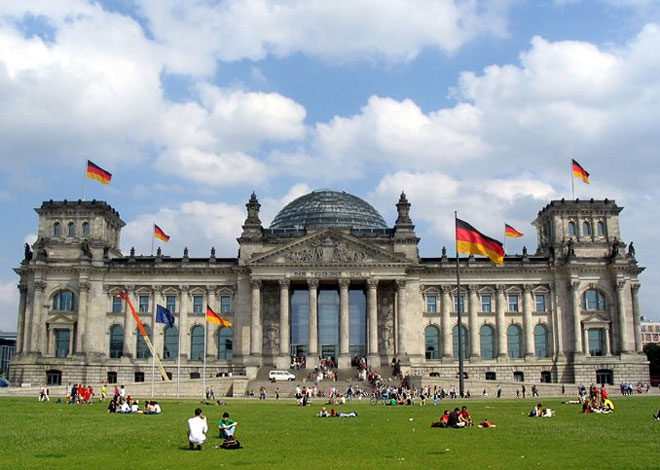With the German economy possibly heading for 3.5 per cent GDP growth in 2010, its fastest rate since the fall of the Berlin Wall, unions and politicians are increasingly calling for wage hikes, reports Saturday said, DPA reported.
Free Democratic Party (FDP) leader and foreign minister Guido Westerwelle became the latest figure - after Chancellor Angela Merkel and Economics Minister Rainer Bruederle - to call for higher salaries.
"If the economy is growing, and this growth has substance and sustainability, then people who have worked hard should taste the fruits of their labour," Westerwelle said in an interview with the Hamburger Abendblatt newspaper.
Attention is now focused on the government's economic outlook to be published on Thursday. News magazine Focus reported Saturday that the prognosis would be lifted from 1.5 per cent to some 3.5 per cent for the year.
The government has backed away from the figure quoted by Focus, with a spokeswoman saying Saturday it was "pure speculation."
On Thursday, eight leading economic think tanks in their semi- annual report predicted a 3.5 per cent rise for 2010, compared to their previous projection of 1.5 per cent.
However growth expectations for the year from sources including the Bundesbank, or central bank, have been in excess of 3 per cent since the summer.
Second quarter growth of 2.2 per cent shattered previously modest expectations and put Germany firmly at the forefront of the European recovery from the finance-crisis induced recession.
Focus also quoted the labour agency as saying that unemployment was expected to fall under the 3-million mark in the autumn, the lowest level since the early 1990s.
The rapid recovery of the German economy has increased fears of imbalances within the 16-member single currency eurozone, with the economies of members including Greece and Ireland still contracting.
However with the government's planned budget cuts due to kick in next year, calls for wage hikes in Germany have been tempered by fears that the economy will begin to slow in 2011.
The head of the influential German Institute for Economic Research (DIW), Klaus Zimmermann, rejected any major wage rises in an interview with Handelsblatt Online.
"I consider such a blanket suggestion to be very dangerous," he said.






